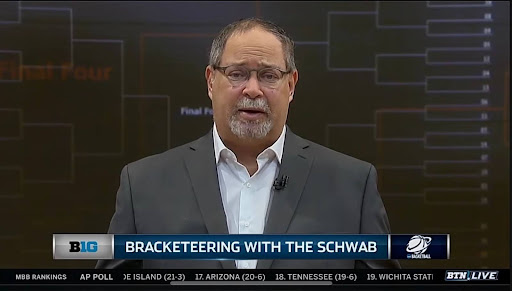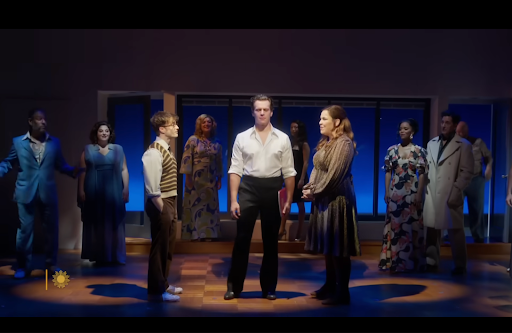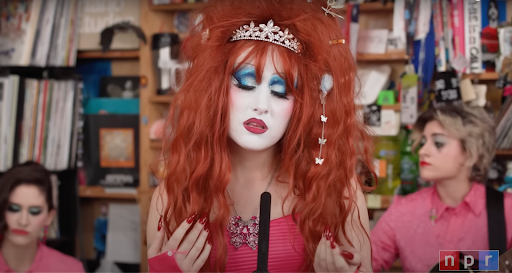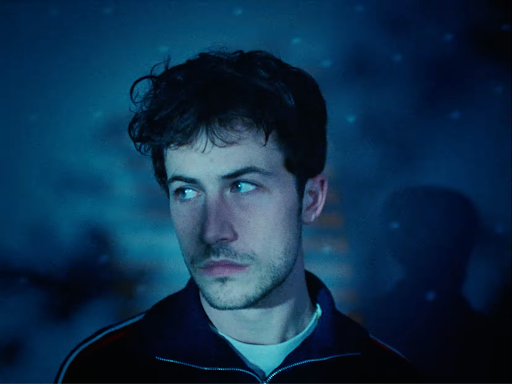An American man walking on the moon in 1969 was a tremendously pivotal moment in the history of the United States. This event is also the theme of the new film “FIRST MAN,” which brings Ryan Gosling and director Damien Chazelle together again after their success on 2016’s “La La Land.”
In the film, Gosling plays the famed astronaut, Neil Armstrong. Throughout its duration, the audience witnesses the struggles Armstrong faced as he transitioned from a NASA test pilot to an astronaut who would eventually become the first American person to walk on the moon. What makes Armstrong’s story especially moving is not just how courageous he was to risk his life for this mission, but what was happening in his life at home.
His two-year-old daughter Karen is diagnosed with a brain tumor, which Armstrong diligently stays on top of by writing down different possible treatments and their symptoms in the beginning of the film. When she passes away, the audience sees how this affects him and how he must push on, even though at times it seems like he just wants to mourn his beloved daughter.
The film also depicts the strong desire of Americans to land on the moon before the Soviets. While the film excellently portrays how much sacrifice goes into a successful space mission, it makes the viewer think about whether these human lives and billions of dollars from citizens were worth the mission. I personally didn’t appreciate a film that glorifies both the loss of life and people’s hard-earned money for the purpose of “beating” the Soviets. Children grew up without dads, wives lived without husbands and millions of hungry and homeless people were not given aid because federal money went toward space exploration. While the story is inspiring, a film that tells the story of helping millions of marginalized, suffering people would be even more inspiring.















